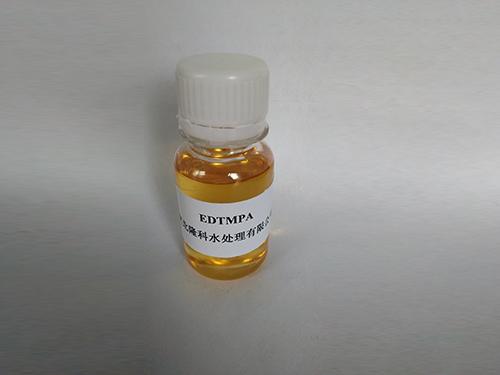Effective Flocculation Chemicals for Enhanced Water Treatment Processes and Their Applications in Industry
Flocculation in Water Treatment The Role of Chemicals
Water treatment is an essential process in providing safe, clean drinking water to communities worldwide. One critical step in this process is flocculation, which involves the aggregation of suspended particles in water to form larger clusters called flocs. This article will explore the importance of flocculation in water treatment and the various chemicals used in this process.
Understanding Flocculation
Flocculation is a physical and chemical process essential for removing impurities, sediments, and contaminants from water. When water is subjected to flocculation, specific agents, known as flocculants, are added to enhance the aggregation of fine particles. These flocculants can facilitate the formation of larger particles, making them easier to remove from the water through sedimentation or filtration.
The process of flocculation typically follows coagulation, which involves the destabilization of particles through the addition of coagulants. Coagulation helps to neutralize the charges on suspended particles, allowing them to come together. Following coagulation, flocculation encourages these particles to form larger, visible aggregates. Understanding this sequence is vital for designing effective water treatment strategies.
Flocculation Chemicals
Several types of chemicals are utilized in flocculation, each serving specific roles in the water treatment process. The most common flocculants include
1. Polyelectrolytes These are synthetic organic polymers used for their excellent ability to enhance floc formation and settleability. Polyelectrolytes can be anionic, cationic, or nonionic, depending on their charge and the type of particles being treated. Cationic polyelectrolytes are particularly effective for negatively charged particles, leading to efficient floc formation.
water treatment flocculation chemicals

2. Alum (Aluminum Sulfate) This is one of the oldest and most widely used coagulants and flocculants in water treatment. When alum is added to water, it hydrolyzes to form aluminum hydroxide, which acts as a binding agent for suspended particles, promoting floc formation.
3. Ferric Chloride Similar to alum, ferric chloride is another inorganic coagulant utilized in water treatment. It provides effective flocculation through the formation of ferric hydroxide, which facilitates the aggregation of particles. Ferric chloride can be particularly advantageous for waters with high turbidity.
4. Natural Coagulants Researchers are increasingly exploring the use of natural coagulants derived from plant materials, such as moringa seeds and certain types of algal extracts. These substances are often biodegradable and environmentally friendly alternatives to synthetic chemicals.
Benefits of Flocculation
The benefits of flocculation in water treatment are numerous. Firstly, it significantly reduces the turbidity of water, leading to improved aesthetic quality and safety for human consumption. Additionally, flocculation helps decrease the concentration of microorganisms, including pathogens, thus minimizing health risks. Furthermore, the process assists in removing heavy metals and other hazardous substances, contributing to the overall effectiveness of water purification.
In addition to its effectiveness in drinking water treatment, flocculation is also vital in wastewater treatment processes. It aids in separating solids from liquids, facilitating the recovery of valuable resources and reducing environmental impacts.
Conclusion
Flocculation is a cornerstone of effective water treatment, playing a crucial role in ensuring safe and clean drinking water. The variety of chemicals available for the flocculation process allows for tailored solutions based on specific water quality challenges. As communities continue to invest in water treatment technologies, understanding and optimizing flocculation processes will remain critical in the pursuit of sustainable water management and public health. With ongoing advancements in research and technology, the future of flocculation holds promise for enhancing water treatment outcomes globally.
-
Understanding Polycarboxylic Acids: Properties, Applications, and Future PotentialNewsJul.28,2025
-
Scale Inhibitor Explained: How to Protect Your System from Limescale and Hard Water DamageNewsJul.28,2025
-
Scale and Corrosion Inhibitors: Essential Chemicals for Industrial Water System ProtectionNewsJul.28,2025
-
Polyaspartic Acid: A Biodegradable Polymer for Sustainable ChemistryNewsJul.28,2025
-
Isothiazolinones: A Versatile Antimicrobial Class with Industrial Power and Regulatory ChallengesNewsJul.28,2025
-
A Deep Dive into 2-Phosphonobutane-1,2,4-Tricarboxylic Acid (PBTC)NewsJul.28,2025





